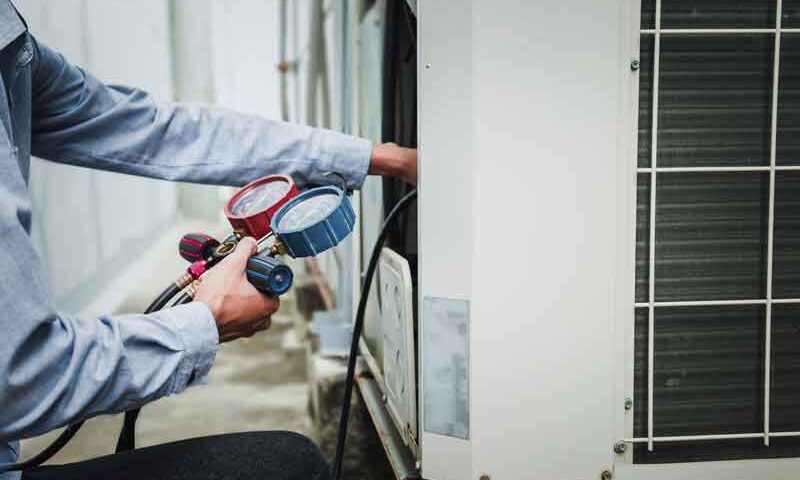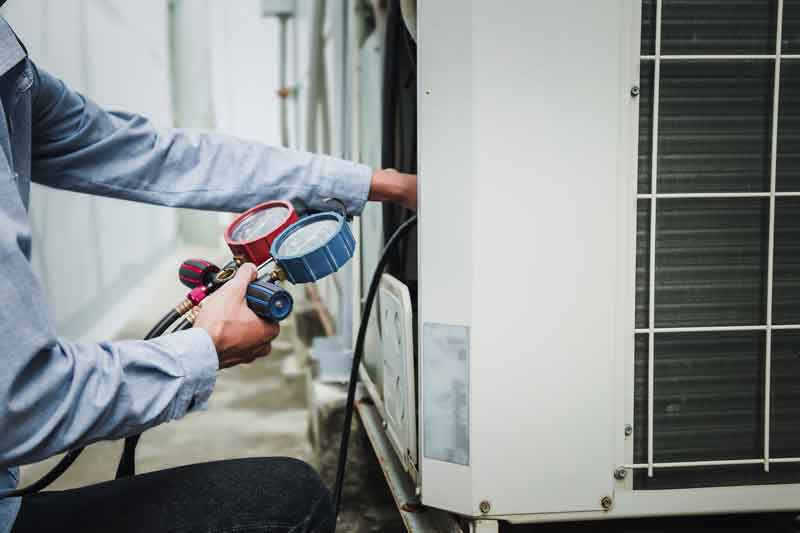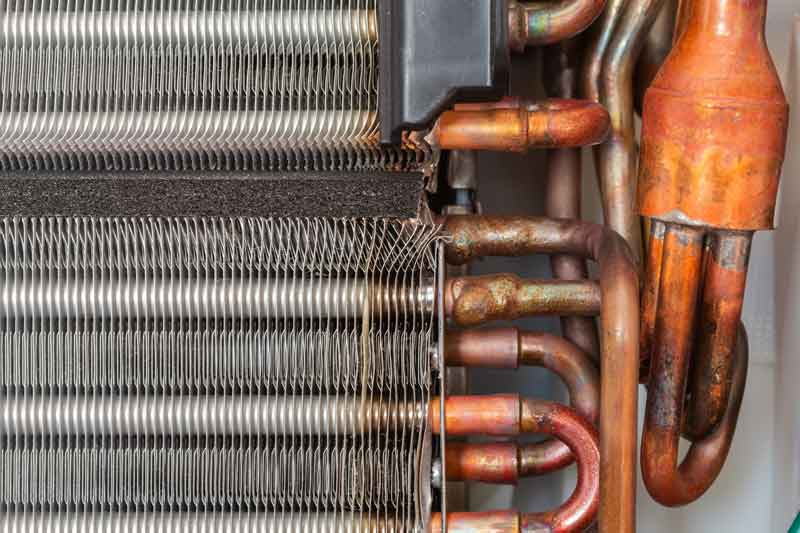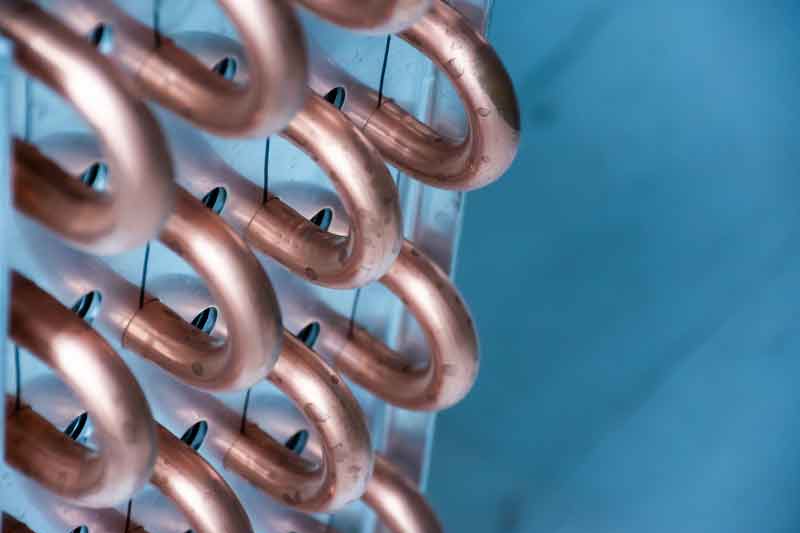
When it comes to the functionality of your HVAC (Heating, Ventilation, and Air Conditioning) unit, four crucial components play a significant role: the compressor, evaporator coil, condensing coil, and metering device. These components work together seamlessly to maintain the comfort of your home. However, like all mechanical systems, HVAC units are susceptible to wear and tear, and the failure of any of these components can disrupt the entire system. As a homeowner, facing the decision to repair or replace a malfunctioning component can be daunting. This article aims to guide you through the process, helping you make an informed choice.

Compressor
The compressor is the heart of the HVAC system, responsible for pressurizing and circulating the refrigerant. Its failure can result in poor cooling or heating performance.

Evaporator Coil
This coil is located inside the indoor unit and is responsible for absorbing heat from the indoor air. If it fails, your HVAC system won’t be able to cool the air effectively.

Condensing Coil
Situated in the outdoor unit, the condensing coil releases the heat absorbed by the evaporator coil. If it malfunctions, your system won’t be able to expel heat properly, leading to overheating and reduced efficiency.
Metering Device
This component regulates the flow of refrigerant into the evaporator coil. If it fails, your HVAC unit may not cool or heat your home effectively, leading to inconsistent temperatures.
Assessing the HVAC Situation
When one of these components fails, the first step is to assess the extent of the damage. Consult a professional HVAC technician to conduct a thorough inspection. They can pinpoint the problem and provide you with a detailed assessment, including the cost of repairs and the expected lifespan of your unit post-repair.
Age of the System: If your HVAC unit is approaching the end of its expected lifespan and a major component fails, replacing the entire system might be more cost-effective in the long run.
Repair Costs: Compare the cost of repairing the failed component with the cost of replacing the entire air conditioning unit. Sometimes, investing in a new, energy-efficient system can save you money on utility bills over time.
Energy Efficiency: Newer HVAC systems are designed to be more energy-efficient, which can significantly reduce your energy consumption and utility bills. If your current system is outdated, replacing it might be a wise choice.
Frequency of Repairs: If your HVAC unit has been experiencing frequent breakdowns and repairs, it might be a sign that the system is becoming unreliable. In such cases, investing in a new unit can provide peace of mind and reduce ongoing repair costs.
Environmental Considerations: Newer HVAC systems often use environmentally friendly refrigerants and are designed to be more eco-friendly. If environmental sustainability is a priority for you, upgrading to a modern system might be the right choice.
Facing a major HVAC component failure can be stressful, but with careful consideration and the expertise of a professional technician, you can make an informed decision. Evaluate the costs, energy efficiency, and overall condition of your system before deciding whether to repair or replace. Remember that investing in a new, reliable HVAC system can enhance your home's comfort, save you money in the long run, and contribute to a greener planet.
